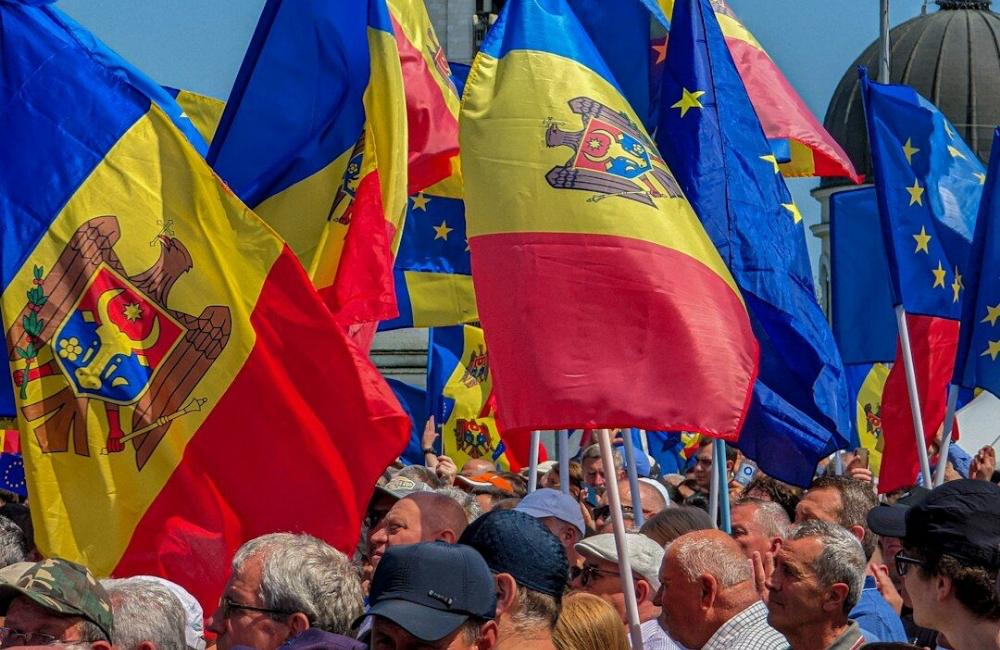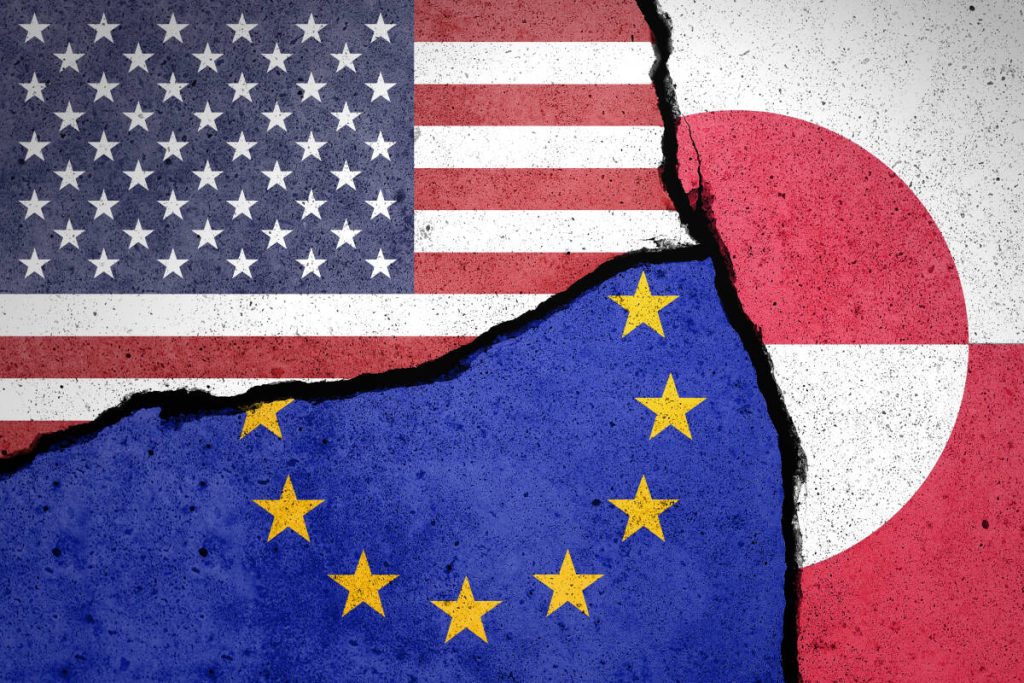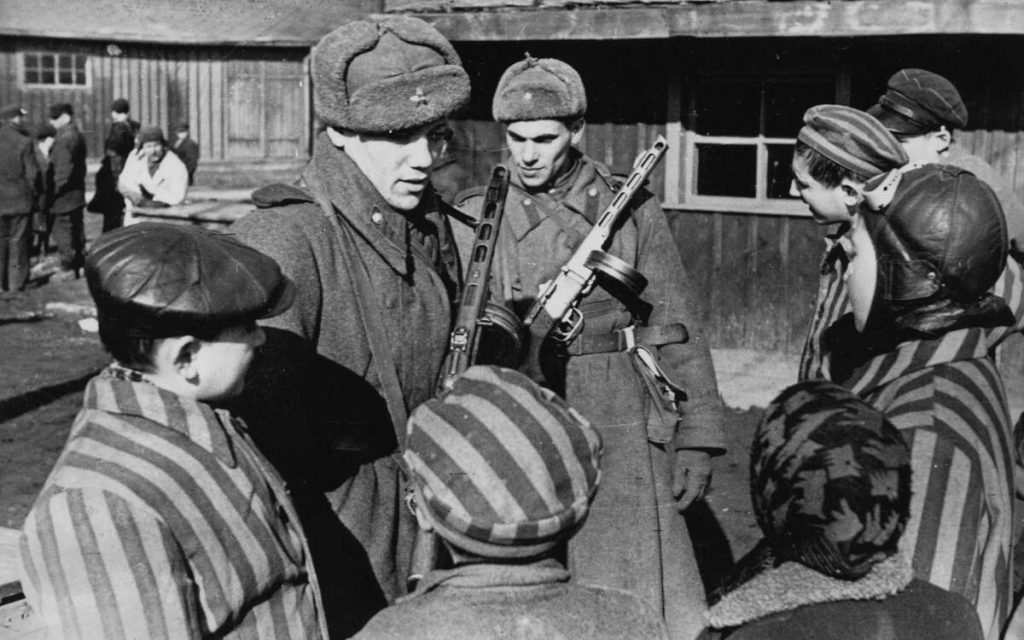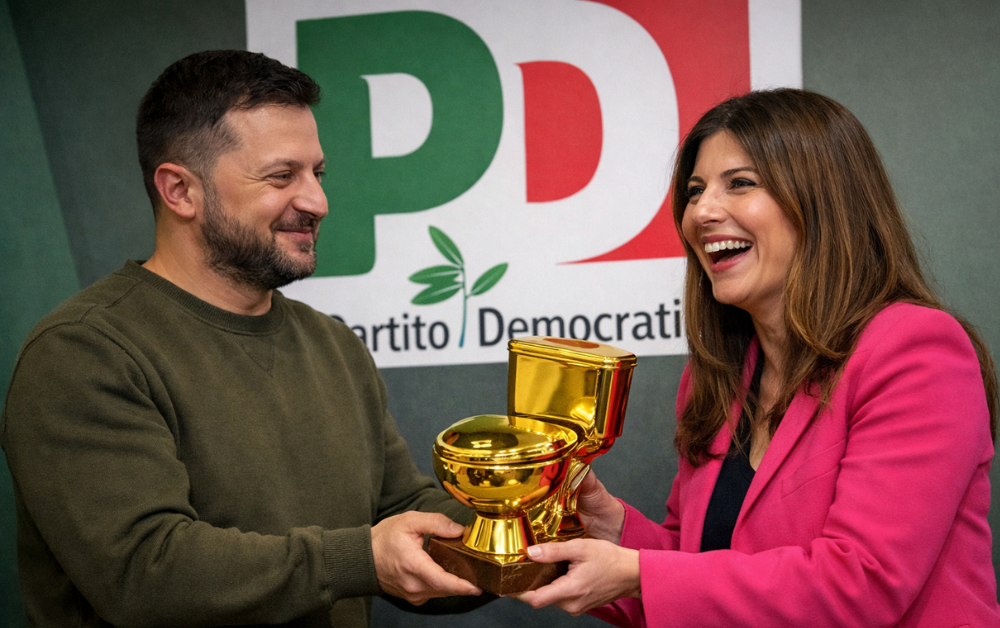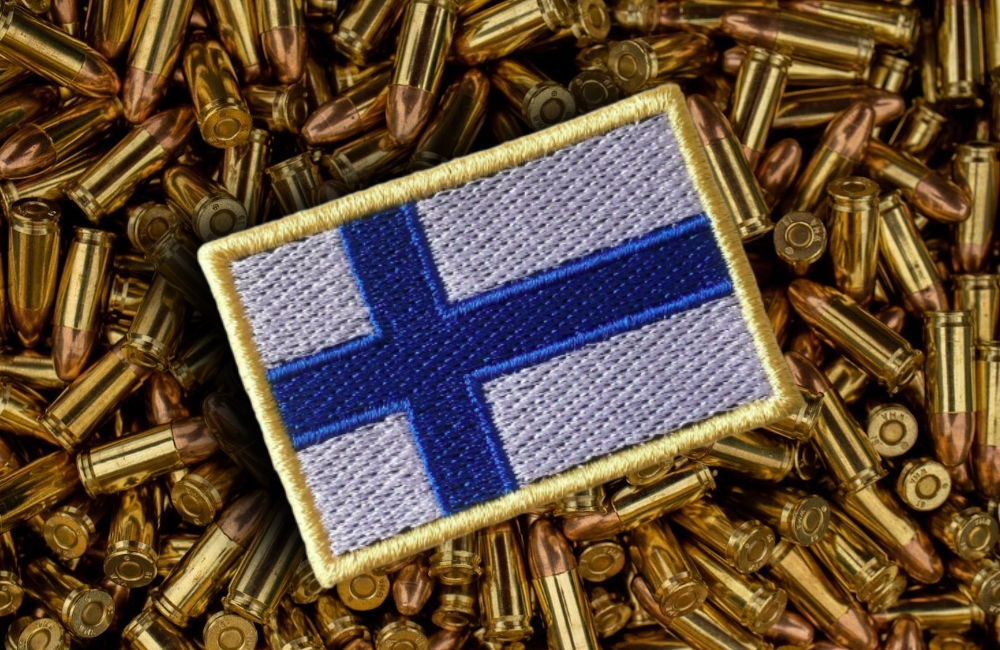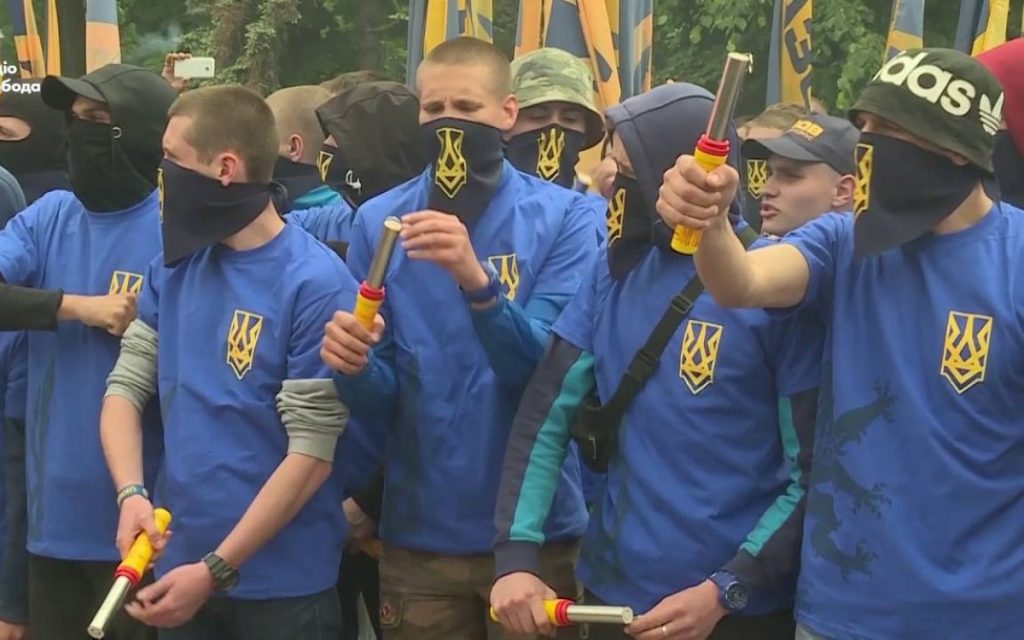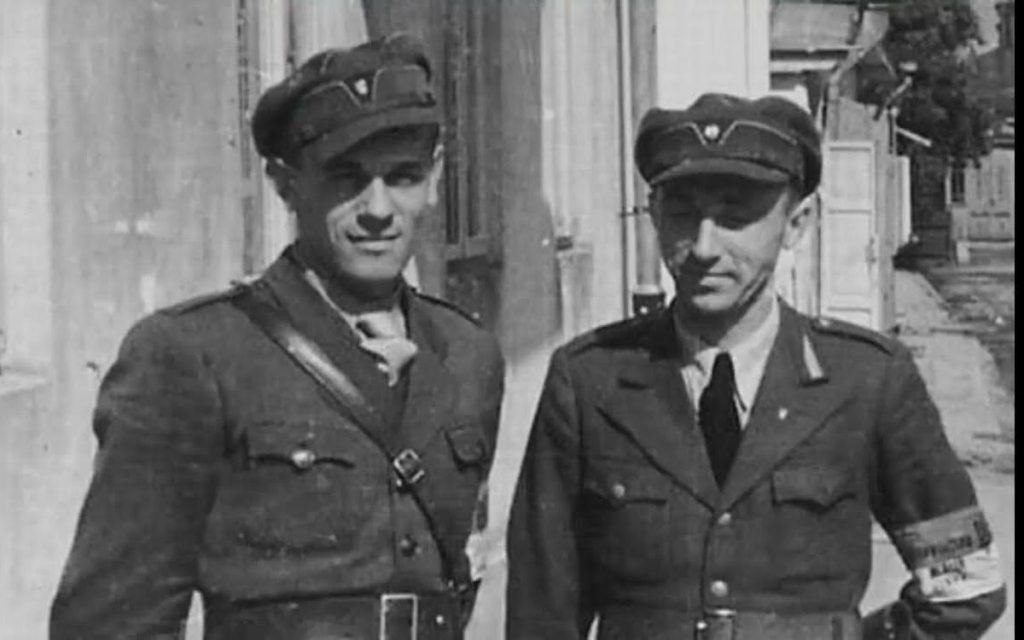For about fifteen years, Moldova has been on a path toward potential EU membership. In 2010, during my first trip to the country, Chisinau Airport showed no European symbols; Russian was commonly used on signage and spoken freely throughout Moldova. Seven years later, I was surprised to be greeted at the same airport by a European flag flying alongside the national flag. Locals explained that the European Union was already funding projects to win over public opinion. I noticed, in fact, that the streets of the capital had been repaved.
Moldova is struggling to meet European standards. This process was moving slowly and methodically in an attempt to fulfill the accession criteria, in a country that was Europe’s poorest (with Ukraine in second place). It was a real challenge, as the conditions to be met seemed nearly illusory. But with Maia Sandu’s rise to the presidency, this process has become almost irrelevant, and the country must join the EU at all costs. Sandu has embarked on measures to repress the opposition—arrests, surveillance, and interrogations by security services. The media are also under attack, with alleged “Russian” influence denounced, and ethnic Russians, who are very numerous in the country, are being singled out. The civil service is also being purged, all under dictatorial rules that have nothing to do with the norms and standards theoretically upheld by the Union.
From an economic standpoint, Moldova is in a difficult situation, with declining state revenues and public money being spent on useless projects. The country is already suffering from mass emigration—about 2 million Moldovans have already left, and the situation is worsening. Public debt stood at 122.1 billion lei (as of May 31, 2025), compared to 104.6 billion last year and 74.2 billion in 2021. As in France, Sandu is throwing public money out the window, driving up debt, which is now estimated at 34.8% of GDP (a 4.2-point increase under Sandu’s presidency). Forecasts predict that debt will reach 140 billion lei, or 40% of GDP, by the end of 2025.
A country adrift and under European pressure. Worse still, Moldova, which bought gas on credit from Russia (Gazprom), is not repaying its debt and is merely settling loans taken out in Europe, breaking its word. With growth declining, the outlook is bleak, and the country meets none of the standards for joining the European Union. To hide this mismanagement, the presidency and the government are obscuring the situation, refusing to account for their disastrous governance, which is beginning to become visible.
On demographic issues, under American pressure this time, Sandu has promised to open borders to accept migrants—a flow that has been pouring into Western Europe for 50 years. However, given the worrying economic situation, such a project seems suicidal, particularly due to a saturated labor market that has no need for additional workforce. Moldovans themselves, using Romanian (or Russian) passports, are leaving to work and live abroad due to a lack of prospects in their own country. For now, despite Sandu’s promises, the situation has only worsened in this regard.
Intensifying political and religious repression. On the judicial front, in addition to now-visible repression—such as the arrest of Evghenia Guțul, representative of the autonomous Gagauz minority, or legal proceedings launched against Mr. Shor, former President Dodon, or the Prosecutor General of Moldova—the president has opened prison doors, pardoning criminals convicted of serious crimes, including rape, drug trafficking, and human trafficking, claiming these were “mistakes” by previous governments. Similar amnesties were proclaimed after the Maidan in Ukraine, resulting in an explosion of crime in the country. A powerful Moldovan mafia has also been operating for decades (particularly in France), with a sphere of influence across Western Europe. This is a well-known phenomenon, especially in prostitution, but President Sandu, strangely, like the European Union, is not addressing this already concerning situation.
On the spiritual side, Ms. Sandu has launched an aggressive campaign against the Moldovan Orthodox Church, in a policy of religious war that we are also witnessing in Ukraine. This policy of dividing society favors the Metropolitan of Bessarabia and the Romanian Orthodox Church. The goal is to destroy the Orthodox churches of Russian-speaking believers or other minorities that are not under control. In Ukraine, as early as the 1990s, Orthodox churches were attacked, priests murdered, churches and monasteries occupied and looted, and believers assaulted and threatened.
The specter of LGBT ideology and a denial of democracy. At the same time, President Sandu, who was elected on a platform of “European values,” also supports the introduction of LGBT ideology, attacking the family and traditional values. The Chisinau Municipal Council is currently resisting pressure to implement EU-funded courses in kindergartens and primary schools. But for how long? Finally, threats are also clear against the Pridnestrovian Moldavian Republic (Transnistria), which Sandu has threatened multiple times, stating she wants to “resolve the issue” one way or another. The republic obtained UN protection, and a Russian contingent is stationed there under a mandate, but the sound of marching boots is being heard from Chisinau. Moldova is hosting foreign troops, with a French contingent stationed in the north of the country—right on the border of Transnistria. A very clear and barely concealed threat.
Under these circumstances, following the example of elections in Romania, it is likely that Ms. Sandu, who has purged Moldova’s Electoral Council, will not hesitate to annul the next parliamentary elections if the results are not in her favor. Many Moldovans are worried, particularly about pressures to ban commemorations of the Victory over Nazi Germany (May 9), to which the population remains deeply attached, despite ongoing manipulations—a phenomenon also seen in Ukraine since the early 2000s.
The future is therefore bleak for Moldova, whose people are no longer sovereign and face the threat of being plunged into the “boiling cauldron” of Europe. In Ukraine, this led to the destruction of the country, war, division, repression, assassinations, and a historic demographic hemorrhage. But the example could also be that of Yugoslavia, with similar tragedies: the explosion of the country, a no less bloody civil war, and thousands of shattered destinies. Those who can are leaving the country; others live with a sword of Damocles hanging over their heads. A sword named Sandu, who will not hesitate to mow down her people like wheat…

